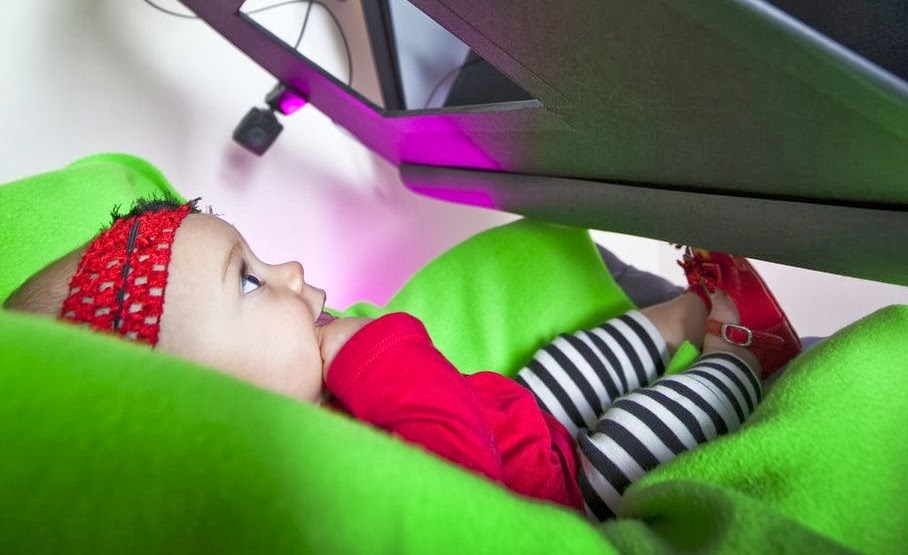Jane’s Brain: Neuroethics and the Intelligence Community
By Jonathan D. Moreno, PhD Dr. Jonathan D. Moreno is one of 14 Penn Integrates Knowledge university professors at the University of Pennsylvania , holding the David and Lyn Silfen chair. He is also Professor of Medical Ethics and Health Policy, of History and Sociology of Science, and of Philosophy. Moreno is a Senior Fellow at the Center for American Progress in Washington, DC. In 2008-09 he served as a member of President Barack Obama’s transition team. He is also a member of the AJOB Neuroscience Editorial Board. In September I arrived in Geneva to keynote a conference at the Brocher Foundation on the banks of Lake Geneva, where the ghost of John Calvin still casts a long shadow over the stern ethos of the Swiss. It was a glorious day in that oasis of calm and cleanliness, where the sheer power of holding much of the world’s money in its vaults justifies a muffled smugness. Compulsively, I checked my email as my taxi glided past the Hotel President Wilson, the monument o...


